Oh no, not again.
That burning sensation is back. Your throat is on fire and you’re desperate for relief.
But before you reach for TUMS or an antacid, you might want to explore why you have heartburn in the first place.
In North America, an estimated 18.1%–27.8% of the population suffer from reflux (also called gastroesophageal reflux disease or GERD) and research suggests the prevalence has been increasing steadily in the past 2 decades. (Gut, 2014)
Sadly, few medical professionals are up-to-speed on the research and simply prescribe acid-blocking medications as a solution. Unfortunately, that approach masks symptoms temporarily, but as I’ll describe below, often makes the situation worse.
In this article, I’ll explore 5 hidden causes of heartburn and acid reflux that you may not have considered. Understanding the possible causes gets you closer to finding a solution.
Imagine sleeping through the night without being awoken by burning in your throat, being able to enjoy meals (and how you feel afterwards), and not being reliant on medication for the rest of your life.
It is possible.
So let’s jump in.
Full disclosure – this is not meant to be an all-inclusive list. You’re encouraged to discuss these and other potential causes of heartburn or reflux with your medical provider.
5 Hidden Causes of Heartburn and Acid Reflux
1. Inadequate stomach acid (and use of acid-blocking medications)
Stomach acid is a good thing. Let me repeat: stomach acid is a good thing. It’s crucial to digesting your food (particularly proteins), absorbing minerals and vitamin B12, protecting the body from ingested pathogens (bacteria, viruses, fungus, etc.), and for triggering the appropriate enzyme release from the pancreas and small intestines to digest your food.
Contrary to popular belief, people with heartburn DO NOT have higher acid levels than the general population. Blocking acid production with use of medications such as proton pump inhibitors (PPIs) or taking antacids that neutralize stomach acid, such as TUMS, may temporarily make you feel better, but in reality, they are only perpetuating the underlying problem.
In fact, long term use of PPIs (as little as 8 weeks of use) is linked to the development of small intestinal bacterial overgrowth (SIBO) and irritable bowel syndrome (IBS). (Eur J Clin Invest. 2011) And even worse, SIBO can further trigger heartburn and erosive esophagitis. (Scand J Gastroenterol. 2012) It’s a vicious cycle.
2. Overly-relaxed esophageal sphincter
Our digestive tract has built-in mechanisms to keep food moving in the right direction, at the right time, without us even thinking about it. One of the first “gateways” that food passes through is the lower esophageal sphincter (LES) that separates the base of the esophagus from the stomach. If this sphincter is not properly functioning (in other words, it stays open when it should be shut), you can experience acid reflux after meals.
There have been all sorts of potential solutions to this problem, but one of the most overlooked (and inexpensive) is acupressure. Acupressure involves putting pressure on certain points in the body, usually with your finger (unlike acupuncture, which uses needles). This means it’s easy to perform on yourself.
Applying pressure to an acupressure point called P6 (or Neiguan), which is located 3-fingers-distance below the crease of your wrist on your inner arm can reduce LES relaxation by 40%. (Am J Physiol Gastrointest Liver Physiol, 2005) That means the sphincter will close and hopefully stop the contents of your stomach from splashing up into the esophagus.
Of course, no amount of acupressure or acupuncture will be of any use if you eat too much at meals.
“Gastric distension is known to stimulate an increase in the frequency of transient lower esophageal sphincter relaxations.” (Journal of Gastroenterology and Hepatology, 2014)
This is one of many reasons I advocate for mindful eating as well as avoiding large amounts of fluids with meals.
3. High blood sugar
I’m always amazed how many systems of the body are negatively affected by elevated blood sugar, which is why it so commonly comes up on my blog. Your digestion is no exception. Turns out if you experience marked elevations in your blood sugar, your LES is more likely to relax (called transient lower esophageal sphincter relaxation or TLESRs). As explained above, a relaxed (open) LES allows acid to splash where it shouldn’t; into the esophagus.
According to a 2004 study in American Journal of Physiology Gastrointestinal Liver Physiology (what a mouthful, right?!):
“Marked hyperglycemia doubled the rate of TLESRs in response to both pressure-controlled and volume-controlled gastric distension but had no effect on basal LES pressure.”
Maybe that explains why a low-carbohydrate diet can be effective at reducing reflux and heartburn. (Dig Dis Sci, 2006) If you don’t over-consume carbohydrates, it’s very unlikely you’d experience “marked hyperglycemia.” It also helps explain why smaller meals are so commonly recommended in the management of heartburn.
4. Too many fermentable carbohydrates
We often assume that what we eat only affects our body immediately after eating. For example, if you eat a meal and don’t experience heartburn in the few hours after eating, you’re likely assume you’re in the clear. But often the effects of what you’ve eaten can cause a delayed reaction.
It turns out the relaxation of your LES can be affected by what’s happening downstream in your intestines. In one study, researchers administered supplemental fructooligosaccharaides (FOS), a poorly digested carbohydrate that’s commonly recommended as a prebiotic fiber (and added to products like yogurt and probiotic supplements) and monitored the effects on the LES, reflux, and various gastric hormones.
Shockingly, once these fibers reached the colon, their fermentation triggered relaxation in the LES and episodes of reflux.
“Compared with placebo, FOS led to a significant increase in the number of transient lower esophageal sphincter relaxations (TLESRs) and reflux episodes, esophageal acid exposure, and the symptom score for GERD.”
“Colonic fermentation of indigestible carbohydrates increases the rate of TLESRs, the number of acid reflux episodes, and the symptoms of GERD.” (Gastroenterology, 2002).
If you’re keen to avoid this delayed reaction, you’d be wise to limit your intake of difficult-to-digest fibers, especially from supplements (inulin is the most common source of FOS in supplements). Some may also benefit from a low-FODMAP diet, which naturally limits your exposure to FOS and other fermentable carbohydrates. Research has indeed shown certain FODMAPs trigger reflux. (Gastroenterology, 2003)
Finally, I can only hypothesize here, but I’d imagine all nutritional steps you can take to heal your digestion and support a healthy microbiota would also have some carryover effects upstream and reduce your likelihood of experiencing heartburn or reflux.
5. Food sensitivities
If you’ve discussed heartburn with your doctor (or asked Dr. Google), you’ve likely seen a list of trigger foods that you should avoid. This typically includes acidic foods (like tomatoes, orange juice, vinegar), spicy food, caffeine (coffee, tea), raw onions, fatty foods, among many others.
According to the National Heartburn Alliance, 92% of heartburn sufferers point to food as the primary culprit. However, if the generic “do not eat this” lists were truly accurate, I’d expect the majority of people to feel better avoiding those foods. That’s simply not the case. Reactions to foods are highly individual.
Research confirms that inflammatory responses to foods (via inflammatory mediators like cytokines) are directly involved in GERD, particularly the type that results in esophageal inflammation (also called esophagitis).
“[S]pecific cytokine and chemokine profiles would appear to underlie the various esophageal phenotypes of GERD, explaining, in part, the genesis of esophagitis in a subset of patients… The mucosa of GERD patients produces significantly larger amounts of various cytokines compared with that of healthy controls.” (World J Gastroenterol. 2013)
The challenge is figuring out which foods trigger the release of these inflammatory mediators (your hidden food sensitivities), so you can come up with your own customized list of safe and unsafe foods. Many people attempt this with an elimination diet, however keep in mind that symptoms (particularly those tied to cytokine release) can be delayed up to 4 days after eating a food (as I explained here). If you choose an elimination diet, do so with eyes wide open and read the top 10 elimination diet mistakes first.
If you identify food as a major trigger and you’re committed to healing with food, it behooves you to get tested for food sensitivities and work with a professional to navigate the (often complicated) process of eliminating and reintroducing foods. I’ve had dozens of clients experience improvement (and in many cases complete resolution) of heartburn and reflux symptoms after working together.
In one particularly interesting case, my client was not only reactive to a handful of otherwise benign foods (spinach, pears, rice, turmeric, just to name a few), but she was reactive to multiple ingredients in her acid-blocking medication (a food dye used in the coating, a filler made from corn, and lecithin). She had spent thousands of dollars seeing specialists and little did she know the answers to her problems were in her fridge and medicine cabinet.
If you want to get to the bottom of your triggers and experience what life is like without heartburn, learn more about my program here.
—
Whelp – that sums up 5 hidden causes of heartburn and reflux.
Like I mentioned above, this is only a small sampling of potential causes (and solutions). One that I didn’t highlight, but is worth mentioning is the effect of excess weight on heartburn.
“Obesity, in particular, abdominal obesity, plays a key role in determining GERD symptoms and complications through mechanical and metabolic effects. Controlled weight loss (by diet or surgery) is effective in improving GERD symptoms.” (World J Gastroenterol, 2009)
So, if you’re struggling with acid reflux and also know you need to lose weight, changing your diet is a win-win.
Before you go, I’d love to hear from you.
- Do you experience heartburn or reflux?
- What are your known (or suspected) triggers?
- What’s been most helpful in alleviating your symptoms?
Tell us in the comments below.
Until next week,
Lily
PS – Whether you have heartburn, acid reflux, or some other symptom of an unhappy tummy, be sure to grab your free copy of my ebook below that walks you through a 30-day program to heal your digestion. It’s my gift to you.

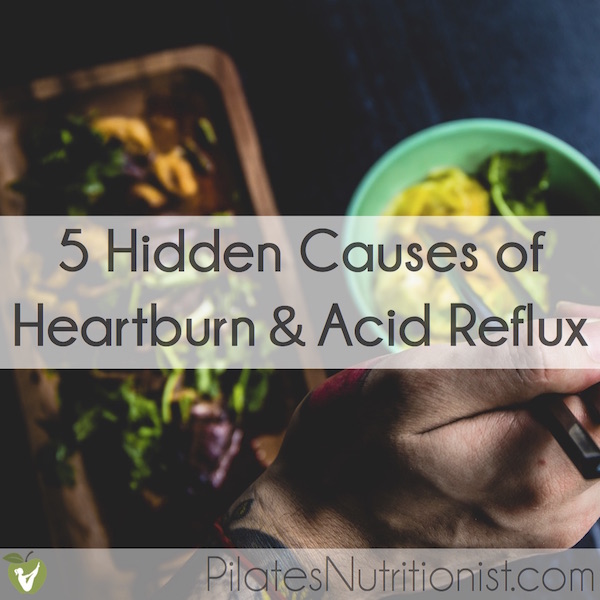
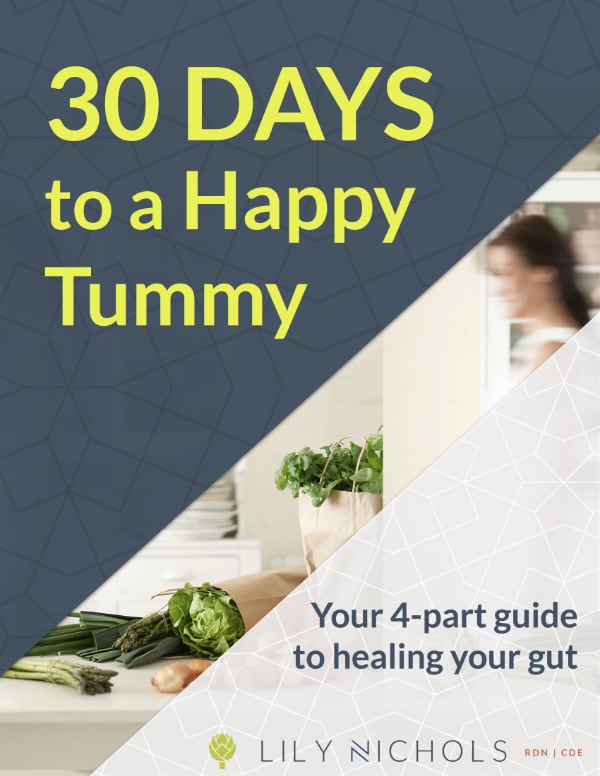
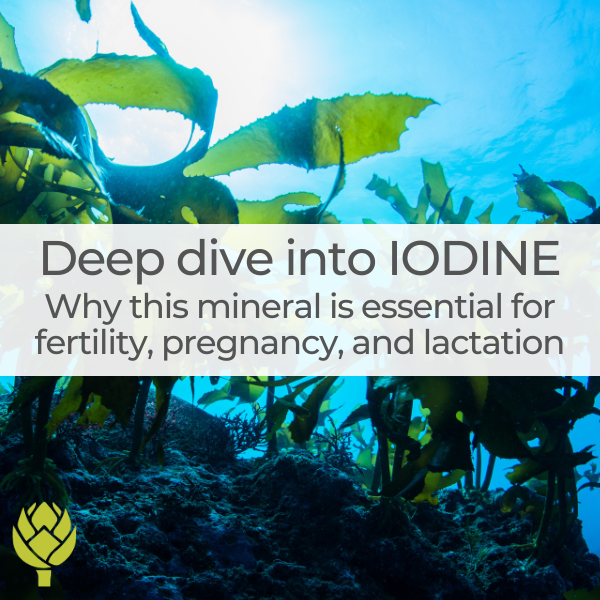
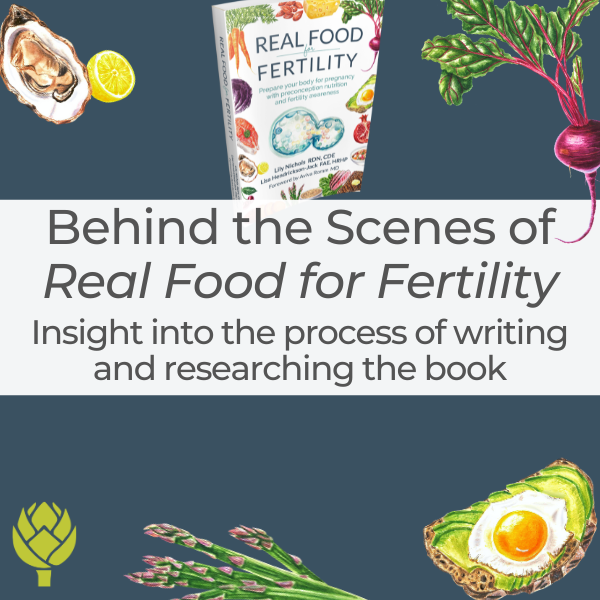
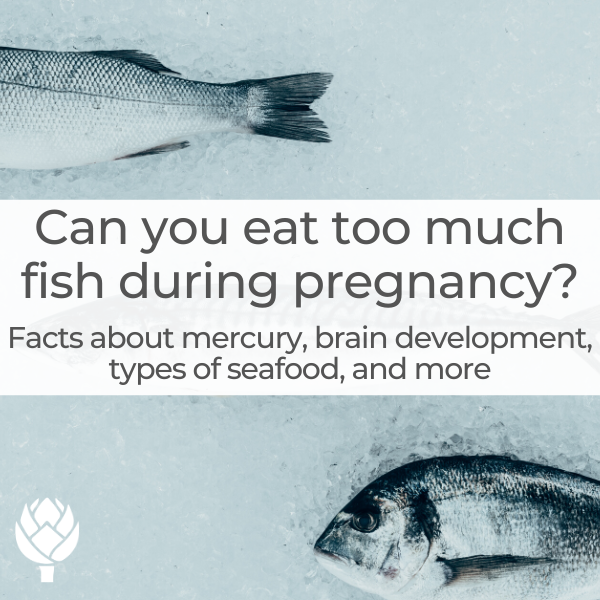
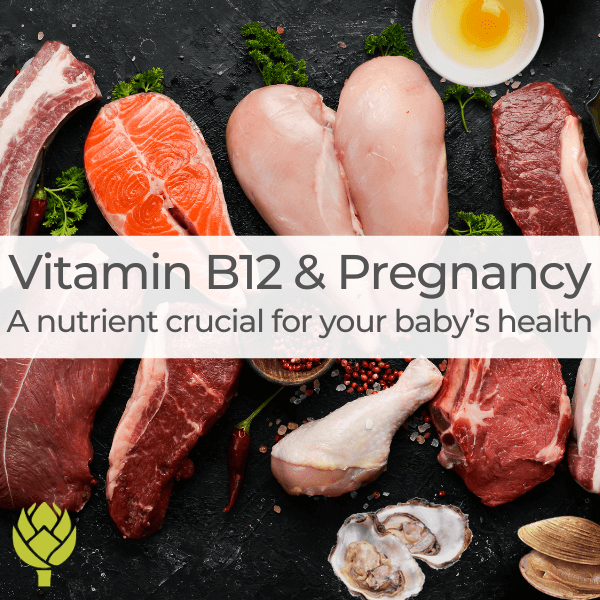




Is it possible to get heartburn from gluten? Whenever I have too much I feel stomach pain…
Absolutely.
I have LPR (laryngopharyngeal reflux) a cousin of GERD. I hadn’t considered the food sensitivities contribution. It makes sense because my ENT (who specializes in LPR) tells me that there are only a few foods that affect it, but I seem to be affected by much more 🙁
Few docs are familiar with the complex world of food sensitivities (and how to accurately test for them and implement an elimination diet), so it’s usually not even on their radar.
I have LPR thanks to an antibiotic. It took a long time to heal and recover but I do have occasional flares. Alcohol and soda are the two biggest problems. Specifically red wine for alcohol. Most foods aren’t the issue. Getting adequate sleep and exercise help, but limiting the trigger beverages and drinking plenty of water make a big difference.
Consider proper food combining to eliminate heartburn. Read “Eat to live” It changed my life..
Hi Lily, my daughter suffered from terrible acid reflux during her pregnancy. I gave her a bottle of Braggs ACV which she used, and said it helped. But when the cause is (presumably) related to pregnancy hormones, is there something else to look for in order to stop it in its tracks?
Pregnancy heartburn/reflux is tough. The baby plus the increased pressure in the abdominal cavity pushes up on the stomach and makes it hard to digest large portions of food at a time. Peristalsis also slows. But the same advice above applies – avoid overeating and excess carbohydrates.
OK, thank you for clarifying! 🙂
May I add a suggestion that worked for me and my cousin? Her midwife told her to sip fluids, eat slowly, AND that almonds are a great way to help with heartburn (I forget why) and to eat a few almonds if you have heartburn. Its worked great for me for one off’s when I’m pregnant.
For my cousin, she had heartburn all the time, so she sipped almond milk and swore it helped her. The one pregnancy of mine i had a lot of heartburn, so I got a water bottle with a straw, and sipped almond milk – it truly helped!! I can’t tell when these comments were posted – but here’s hoping it helps someone! 🙂 Be well!
Hi Lily,
I have chronic GERD and have been on Nexium for years. I am very interested in alternative treatment/solutions.
I have been doing Pilates for several months and I notice my reflux is worse after my session. I imagine it’s because of the “squeezing” of the abdomen. I don’t want to give it up because I feel so much better since I’ve been doing it. My back has never been better. Anything you can suggest?
Thanks,
Gina Rembert
Just come across your website and not sure where you are based. I too have been diagnosed with LPR and have changed completely to an Alkaline based diet. However still getting the symptoms of Acid Reflux. in particular a very dry throat. Taking on as much water as possible but this problem is disturbing my sleep and means am on a liquid diet only – can not digest solids,
Can you recommend a good lpr dietitian and lpr doctor in the UK?
Regards
Chris Terry
Because of a serious infection I have been treated with an antibiotic to which I responded very badly. Its now 2 weeks after I finished the antibiotics and my intestines and stools are still a complete mess, even while I started using probiotics right away (and still am). To make matters worse, earlier this week I started to experience heartburn (mainly when lying down in bed and not so much after meals). Things like limiting how much I eat, what I eat, and when I eat don’t improve things. My doctor prescribed Pantoprazol (a so-called PPI), but to say the least, I am not pleased at all with this approach, and I very reluctantly started to take them, but sofar they didn’t show any significant results.
Reading your article, I was triggered by what you wrote about fermented carbohydrates and a delayed reaction to the opening of the LES. This made me wonder if my completely destroyed gut flora could be the reason that those poorly digestable fibers are fermenting in my colon which in turn are then causing the opening of the LES, and hence the heartburn. So hopefully when my gut flora gets finally balanced again, this should also end the heartburn?
Could you please give me your thoughts on this? And any additional advise you might have is very, very welcome!
Many thanks in advance!
Thank you so much for the wonderful overview on “Heart burn and Acid reflux”. I really enjoyed your information.Thanks for sharing your post.Keep updating us with such great post.
This is an in-depth and well-explained article about heartburn causes, thank you for sharing this information! I’ve been experiencing heartburn for quite some time now and I didn’t have any idea what was causing it. I am not overweight and I avoid eating big meals at dinner either. I have been taking TUMS to help with my heartburn but now I learned that it could lead to IBS in the long run. I read another article about remedies for heartburn and I guess, for now, I have to try it out and see if it works.
Hi, Thanks for this article. I’m wondering if the author would provide the full citation for a reference cited here: “If you’re keen to avoid this delayed reaction, you’d be wise to limit your intake of difficult-to-digest fibers….. Research has indeed shown certain FODMAPs trigger reflux.” Thanks.
Sure. See these research papers:
Plaidum, Suppawatsa, et al. “The Effect of Fermentable, Oligosaccharides, Disaccharides, Monosaccharides, and Polyols (FODMAP) Meals on Transient Lower Esophageal Relaxations (TLESR) in Gastroesophageal Reflux Disease (GERD) Patients with Overlapping Irritable Bowel Syndrome (IBS).” Nutrients 14.9 (2022): 1755.
Rettura, Francesco, et al. “Role of Low-FODMAP diet in functional dyspepsia:“Why”,“When”, and “to Whom”.” Best Practice & Research Clinical Gastroenterology (2023): 101831.
Thanks Lily. The original article refers to a resource (Gastroenterology, 2003) – I’m wondering if is there another reference, or perhaps the 2003 (cited in text) was supposed to be 2023. Thanks.